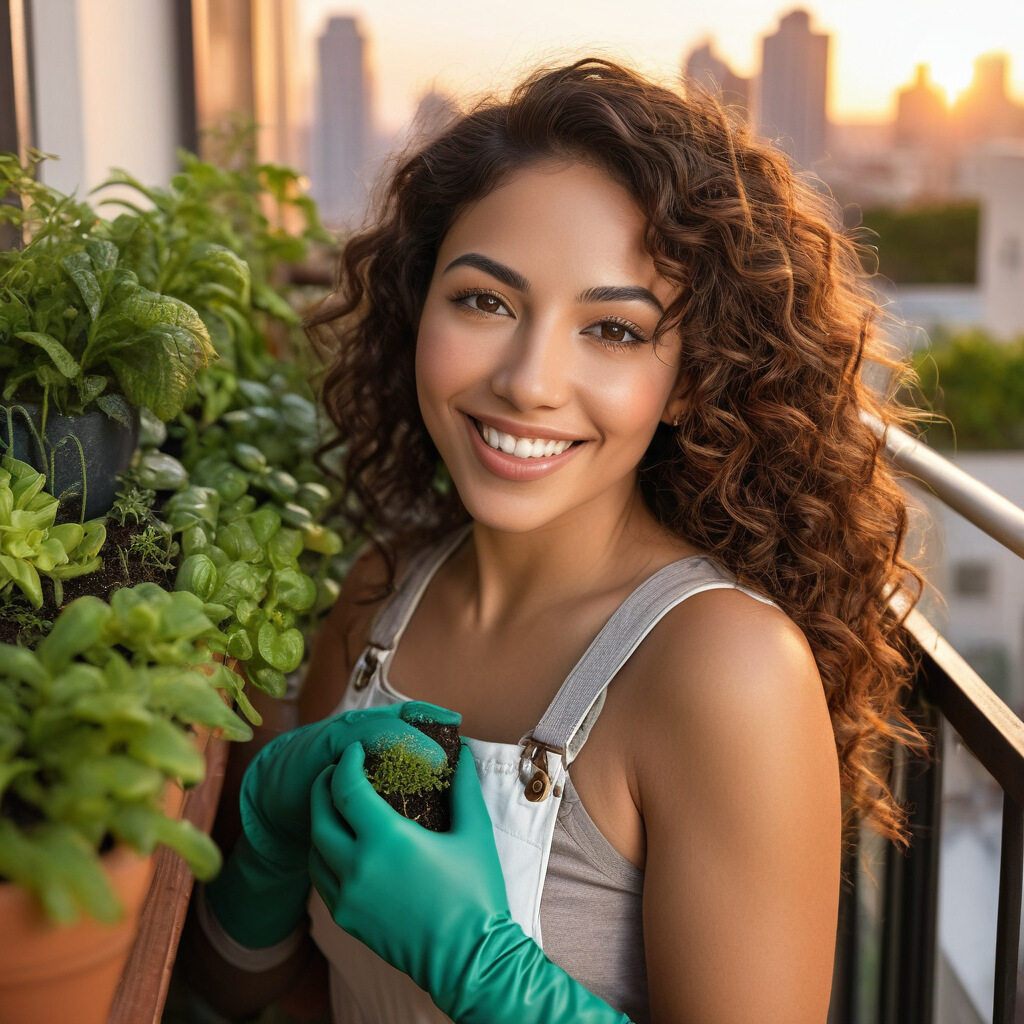Sunflowers (Helianthus annuus) are among the most recognizable and cherished flowers worldwide. Known for their vibrant yellow petals and sun-like appearance, these flowers symbolize a range of emotions and meanings across cultures. This article delves into the fascinating world of sunflowers, exploring their flower language, stories, varieties, planting tips, cultural significance, scientific value, artistic inspirations, festival associations, practical uses, and interesting trivia.
Flower Language of Sunflowers
Sunflowers convey a wide array of symbolic meanings through their flower language, including admiration, loyalty, and positivity.
- Adoration and warmth: Their bright, sun-like appearance embodies warmth and cheer.
- Loyalty and steadfastness: The flower's tendency to follow the sun (heliotropism) symbolizes unwavering devotion.
- Joy and positivity: Sunflowers are often associated with uplifting spirits and spreading happiness.
Stories Related to Sunflowers
The sunflower holds a special place in mythology, literature, and legends, often inspiring unforgettable tales and poems.
- Greek mythology: The story of Clytie, a water nymph, transformed into a sunflower because of her unrequited love for the sun god, Apollo.
- Vincent van Gogh: The sunflower was immortalized by Van Gogh, who painted several famous pieces celebrating its beauty.
- Symbolism during wartime: Sunflowers were used during Ukraine's 2014 crisis as a symbol of peace and resistance against violence.
Variety Introduction
Sunflowers encompass a wide range of varieties suited for gardening, decorative purposes, or agricultural use.
| Variety | Features | Usage |
|---|---|---|
| Mammoth Sunflowers | Grow up to 12 feet tall; large seed heads | Ideal for seed harvesting |
| Teddy Bear Sunflowers | Short, with fluffy double-layered petals | Used for decorative purposes |
| Autumn Beauty Sunflowers | Multicolored petals ranging from red to orange | Perfect for garden borders |
Introduction to Planting and Maintenance
Sunflowers are hardy plants that thrive in a variety of environments with proper care and attention.
- Soil Requirements: Well-draining soil enriched with compost or manure.
- Light Conditions: Full sun exposure for optimal growth.
- Watering Schedule: Regular watering, but avoid waterlogging.
- Fertilization: Apply nitrogen and potassium-rich fertilizers during the growing season.
Historical and Cultural Background
Sunflowers have profound historical and cultural significance, serving as symbols and national emblems in various countries.
- Native roots: Sunflowers originated in North America, playing a role in Native American agriculture and ceremonies.
- Ukraine: Established as the national flower, representing peace, resilience, and cultural identity.
- European usage: During the Victorian era, sunflowers symbolized frivolity and ostentation.
Scientific and Ecological Value
Beyond their decorative appeal, sunflowers offer substantial scientific and ecological benefits.
- Heliotropism: Unique ability to track the sun during early growth stages.
- Phytoremediation: Sunflowers absorb toxic heavy metals, aiding environmental cleanup efforts.
- Genetic studies: Research into sunflower genetics identifies traits for improving yields in agriculture.
Art and Literary Inspiration
Sunflowers have inspired artists, poets, and musicians throughout history, becoming symbolic in various narratives.
- Van Gogh's Sunflowers: A series of paintings representing loyalty and friendship.
- Emily Dickinson's poetry: Often used as a metaphor for unwavering faith and optimism.
- Music and film: In movies and songs, sunflowers symbolize hope and renewal.
Festival and Custom Association
Sunflowers are celebrated internationally in festivals and customs, connecting people with nature and culture.
- Sunflower Festivals: Annual events in Kansas and Japan celebrate sunflower blooming seasons.
- Weddings: Sunflowers are used in rustic-themed bouquets and decorations symbolizing vitality.
- Folklore: In some traditions, sunflowers are believed to bring good fortune and happiness.
Practical Value and Cross-Border Applications
Sunflowers offer practical uses beyond aesthetics, from food production to industrial applications.
- Edible Seeds: Sunflower seeds are nutritious and a source of healthy cooking oil.
- Medicinal Uses: Sunflower oil is rich in Vitamin E and used for skincare and wound healing.
- Industrial Applications: Sunflowers serve as natural dyes and are incorporated into eco-friendly plastic alternatives.
Interesting and Cold Knowledge
Sunflowers hold intriguing facts and lesser-known tidbits that captivate enthusiasts.
- Tallest Record: The tallest sunflower measured over 30 feet, grown in Germany.
- Multiple Flower Heads: Some varieties produce 20-50 blossoms per plant.
- Pollinator Magnet: Sunflowers attract bees, butterflies, and other pollinators, promoting biodiversity.
Photography and Gardening Skills
Capturing and growing sunflowers can be an enriching experience with these tips.
- Photographic Angles: Shoot during golden hours for perfect lighting and shadow balance.
- Color Pairing: Match sunflowers with purple or white flowers for vivid contrast in arrangements.
- Creative Planting: Grow mini varieties indoors in pots or hydroponic setups for added flair.
In conclusion, the extraordinary sunflower is a versatile and meaningful flower that transcends borders, cultures, and applications. Whether admired in art, cultivated in gardens, or utilized in practical ways, this golden blossom remains a symbol of hope, happiness, and resilience for all who encounter it.










 浙公网安备
33010002000092号
浙公网安备
33010002000092号 浙B2-20120091-4
浙B2-20120091-4